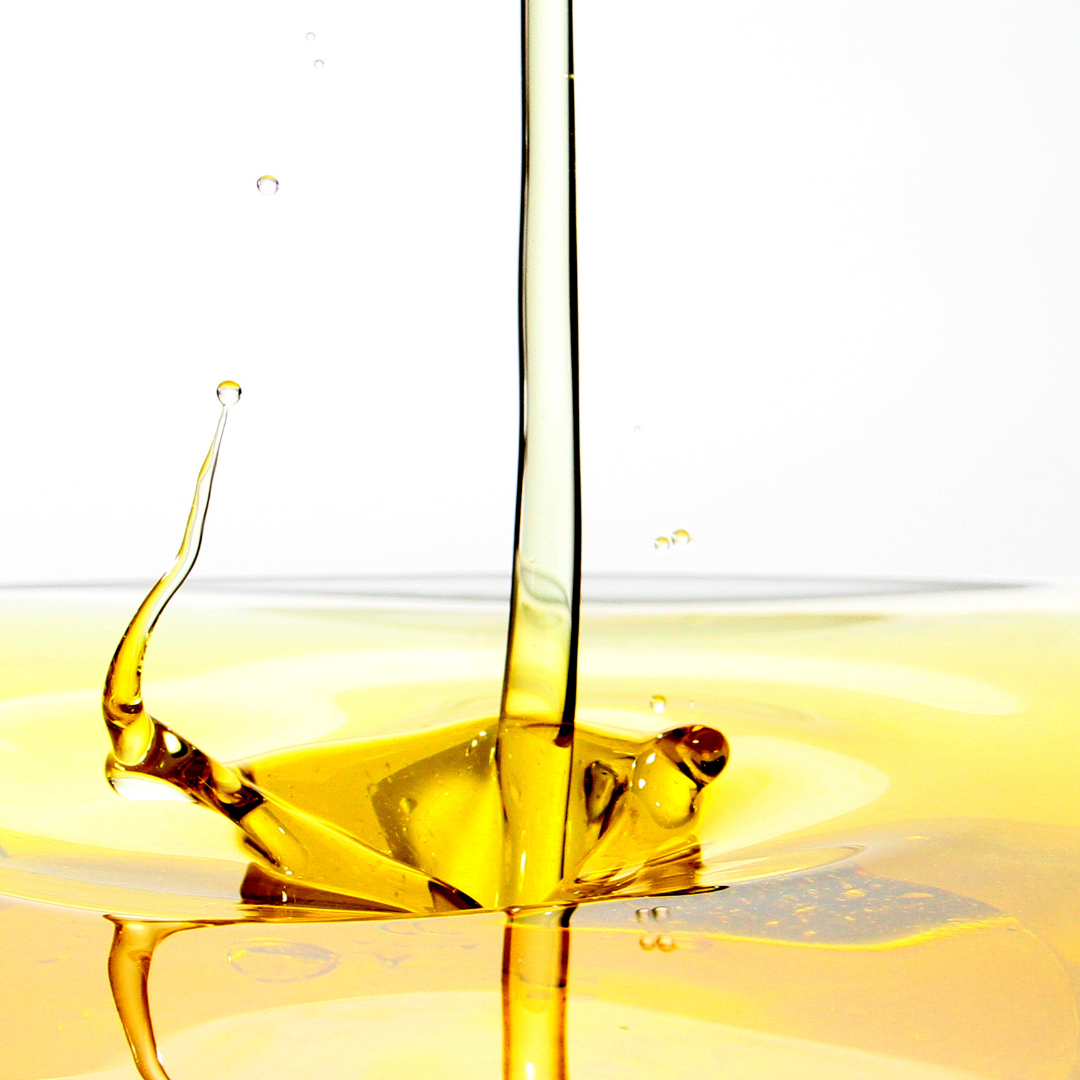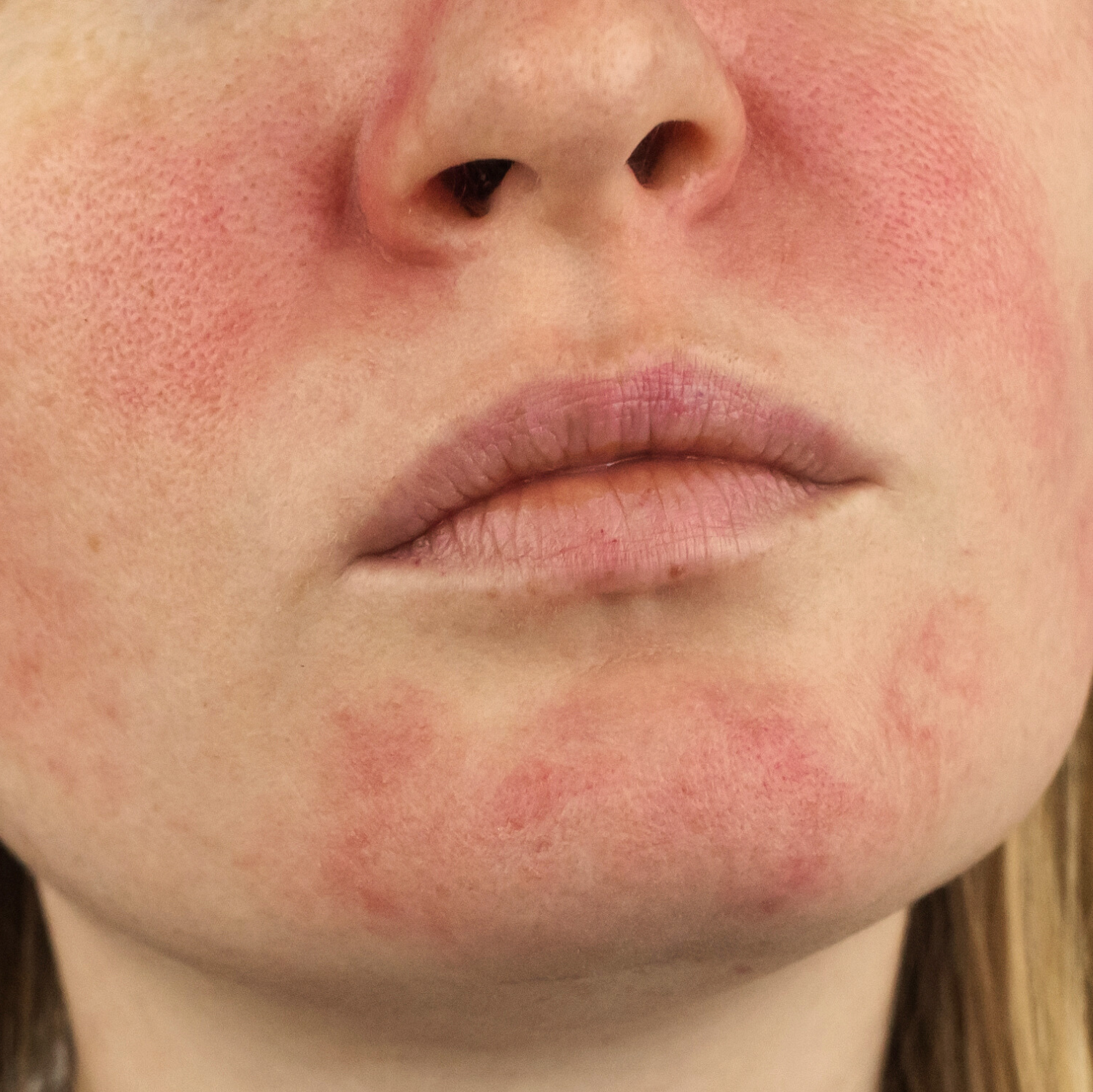Hormonal disruptors in skincare | what you need to know
Have you ever stopped to think about what ingredients are in your skincare products? Many of us are so focused on achieving glowing, healthy skin that we don't always pay attention to the potential harm that could be lurking in our favorite lotions and potions. One of the most concerning risks associated with skincare products is the presence of hormonal disruptors, which can have serious health consequences. In this post, we'll explore what hormonal disruptors are, why they're a concern in skincare, and how to avoid them.
What are Hormonal Disruptors?
Hormonal disruptors are substances that interfere with the endocrine system, which is responsible for regulating hormones in the body. These disruptors can mimic the effects of hormones or block the body's natural hormone production, leading to imbalances that can have serious health consequences. Some common hormonal disruptors found in skincare products include:
- Parabens: These synthetic preservatives are commonly used in skincare products to prevent the growth of bacteria and mold. They have been linked to breast cancer and reproductive issues due to their ability to mimic estrogen in the body.
- Phthalates: These chemicals are often used to make fragrances stick to the skin and to increase the absorption of other ingredients. They have been linked to reproductive issues, including decreased fertility and developmental problems in children.
- Triclosan: This antibacterial agent is commonly found in soaps and cleansers. However, it has been linked to hormonal imbalances and antibiotic resistance.
- Benzophenones: These chemicals are commonly found in sunscreens and have been shown to mimic estrogen in the body.
- Ethoxylated ingredients: These ingredients, which include polysorbates and laureth sulfates, are often used as emulsifiers and surfactants in skincare products. They can be contaminated with 1,4-dioxane, which is a known carcinogen and can disrupt hormone function.
- Formaldehyde-releasing preservatives: These preservatives, including quaternium-15 and diazolidinyl urea, can release formaldehyde into the body, which has been linked to cancer and reproductive issues.
-
By avoiding these ingredients, you can help protect your health and minimize your exposure to hormone disruptors in skincare products.
Why are Hormonal Disruptors a Concern in Skincare?
Skincare products are unique in that they are applied directly to the skin, which is the body's largest organ. This means that any substances in these products can be absorbed directly into the bloodstream, bypassing the liver and other organs that filter toxins. When hormonal disruptors are absorbed into the body, they can mimic or block the effects of natural hormones, leading to imbalances that can have serious health consequences. For example, exposure to hormonal disruptors has been linked to reproductive issues, including decreased fertility, birth defects, and developmental problems in children.
How to Avoid Hormonal Disruptors in Skincare
The good news is that there are steps you can take to avoid hormonal disruptors in your skincare products. Here are some tips to keep in mind:
- Read labels carefully: Look for products that are labeled "paraben-free," "phthalate-free," and "triclosan-free." Avoid products that contain ingredients like oxybenzone, homosalate, octinoxate, and avobenzone, which are commonly found in sunscreens and have been linked to hormonal imbalances.
- Do your research: If you're not sure whether a particular ingredient is a hormonal disruptor, do some research before you buy. Look for information from reputable sources, such as the Environmental Working Group's Skin Deep database. or check the inci list on your products with the help of INCIdecoder
- Choose natural products: Look for skincare products that contain natural ingredients, such as plant extracts and essential oils. These products are less likely to contain synthetic ingredients that can disrupt hormone function.
In conclusion, hormonal disruptors are a serious concern in skincare products. By taking steps to avoid these harmful ingredients, you can help protect your health and the health of your loved ones. When in doubt, choose natural, non-toxic products that are free from synthetic chemicals and fragrances. Your skin (and your hormones) will thank you!



